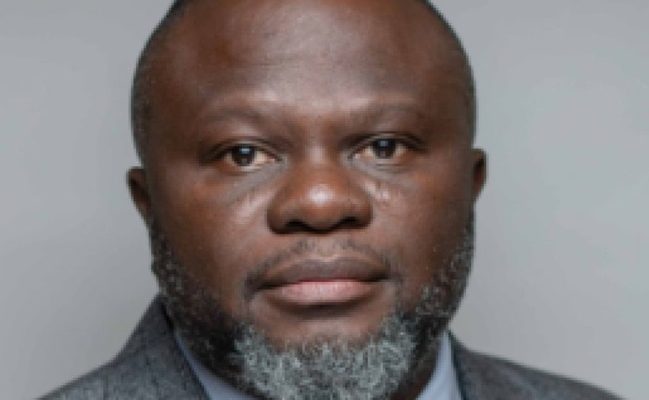
Commissioner of Justice and Attorney General of Oyo State, Mr Abiodun Aikomo, has given reasons why the state government was reviewing the judgment of the Supreme Court granting financial autonomy to local government, as he pointed out that the Supreme Court could overrule itself if cogent reasons are provided.
Aikomo, speaking on a Splash FM Ibadan radio programme, at the weekend, said the last was yet to be heard on the Supreme Court judgment, noting that the governors could go back to the Supreme Court with cogent reasons and justiciable conditions.

The Oyo Attorney General said the minority dissenting judgment by Justice Habeeb Abiru, who was one of the seven judges on the Supreme Court panel that judgment, that section 162 of the 1999 constitution should be amended before granting financial autonomy to the local government, lent credence to the state government’s move for a review of the judgment.
Aikomo said the state governor, Seyi Makinde awaited the recommendations of the two review committees set up headed by Bolaji Ayorinde (SAN) and the deputy governor, Barrister Bayo Lawal, within the next six weeks, to know the limits and possibilities within the law to call for a review of the Supreme Court judgment.
Aikomo said the state yearned for a review of the Supreme Court judgment as it disrupted the status quo in the running of the state government and local government systems.
Though he said the state had to abide by the Supreme Court as all states were alleged in like manner, he said Oyo State, in its presentation, denied every allegation of unconstitutionality, and mismanagement of local government funds as it boasted of a democratically elected local government system.
Aikomo said: “On this issue, I can conveniently say we have not heard the last, as far as the law on the subject matter is concerned. If there are justiciable conditions, the governors can go back to the Supreme Court.
“The Supreme Court can overrule itself in deserving circumstances but it is not a position that the Supreme Court takes lightly or whimsically. There must be some very cogent reasons for the Supreme Court to depart.
“In this case, the Supreme Court that sat on the 11th of July was a full panel because it was considering the Constitution, it was a seven-member panel. Six judges stood on one side, and one judge, Justice Habeeb Abiru partly stood with them but disagreed on some of the grounds.
“The governor is now not saying that notwithstanding my position, notwithstanding the Supreme Court, I am going to have my way and maintain my stance. He set up a committee headed by a renowned legal practitioner, Bolaji Ayorinde (SAN) to advise him. So whatever the advice that the committee will give, in accordance with the law, His Excellency will be bound.
“The suit was filed by the federal government and we made our defence. Our position is that we denied every allegation of unconstitutionality, we denied every allegation of mismanagement of local government funds. We had a local government system that is democratically elected, unlike what was alleged. We denied all the allegations. It was a generalist allegation but we abide by the judgment of the Supreme Court.
“All the prayers of the federal government that monies be paid directly to local government were not granted because my Lord Justice Abiru believed that the constitution should be amended before that can happen. For me, that justifies the position that what we have said is not altogether unreasonable. But we are bound by what the court has said. We are going to review. When we review, we will advise the governor in accordance with the law.
“The judgment is cumulatively 324 pages. So, we have to carefully read the judgment, understand the reasoning of the court, know the possibilities within the law. His Excellency did not say, it does not matter what they have said, we will do whatever we like. It was a decision of the stakeholders’ meeting on Monday. As of Monday, we did not have the Certified True Copy (CTC) of the judgment.
“The CTCs were released on Friday, a week after the judgment was handed down. So we will now begin to study it and we have four to six weeks, and come back to the governor to say, these are the limits, these are the possibilities within the law.
“If there is a statusquo, you have received funds in a certain way and you have used it to run a system over a period. This suit was filed on May 22nd and within two months, that statusquo is going to change, that is a change in the direction which necessitates a review of procedure, strategy going forward because the government must continue to run at the state and local government levels.”
READ ALSO FROM NIGERIAN TRIBUNE







